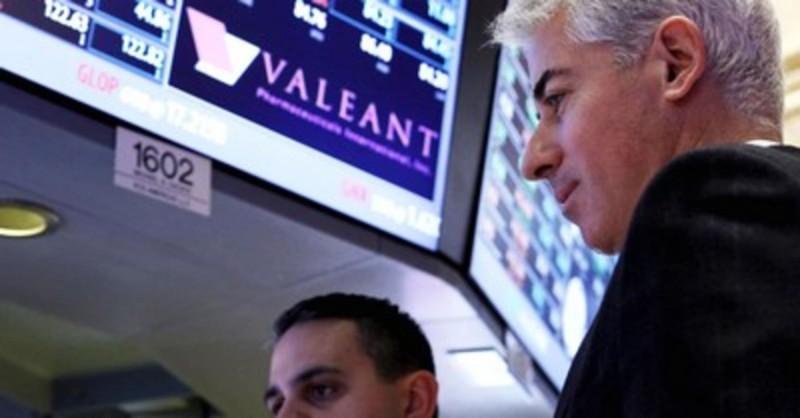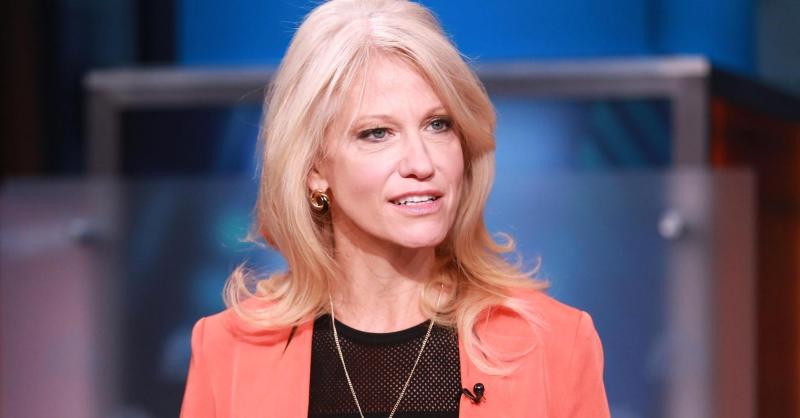China’s Consumer Prices Rise More Than Expected in July
China’s consumer prices rose by a more-than-expected 0.5% in July from a year ago, according to data from the National Bureau of Statistics released on Friday. This increase was boosted by a surge in pork prices, which surged by 20.4% year-on-year in July. This was the biggest increase since December 2022, according to Wind.
The 0.5% Consumer Price Index (CPI) increase in July was the highest since a 0.7% rise in February, according to official data accessed via Wind Information. China’s biggest holiday of the year, the Lunar New Year, fell in February this year.
The CPI increase was higher than the expected 0.3% in July from a year ago, as polled by Reuters. This shows that inflation in China is picking up more than expected, which could have implications for monetary policy in the country.
China’s core CPI, which strips out food and energy prices, rose by 0.4% year-on-year in July. This was down from 0.6% in June, indicating that the economy is still struggling with a slowdown.
The increase in pork prices has played a significant role in China’s consumer price index, as pork is a widely consumed food staple in the country. However, pork prices can be prone to large swings due to disease or other factors affecting production.
The data released by the National Bureau of Statistics also showed that tourism prices rose by a modest 3.1% in July from a year ago, while education and entertainment prices climbed by 1.7%. Transportation fuel prices rose by 5.1% in July, but those for “transportation tools” fell by 5.6%.
Pork Prices Surge to Highest Level Since 2022
The surge in pork prices has played a significant role in China’s consumer price index, with prices rising by 20.4% year-on-year in July. This is the biggest increase since December 2022, according to Wind.
The Impact of Pork Prices on CPI

Pork is a widely consumed food staple in China, and prices can have a significant impact on the country’s consumer price index. The recent surge in pork prices has contributed to the 0.5% increase in CPI in July, making it the highest since a 0.7% rise in February.
Factors Contributing to the Surge in Pork Prices
The surge in pork prices can be attributed to several factors, including disease or other factors affecting production. The recent outbreak of African swine fever in China has led to a significant reduction in pork production, resulting in higher prices.
The Importance of Pork in China’s Economy

Pork is a crucial part of China’s food culture, and prices can have a significant impact on the country’s economy. The recent surge in pork prices has led to concerns about inflation and its impact on the economy.
Consequences of the Pork Price Surge
The surge in pork prices has several consequences, including a rise in food prices, which can have a ripple effect on the overall economy. The increase in pork prices has also led to concerns about the impact on low-income households, who may struggle to afford the higher prices.
The National Bureau of Statistics data shows that pork prices are not the only factor contributing to the increase in CPI in July. Other factors, including tourism prices and education and entertainment prices, have also risen, indicating a broader impact on the economy.
Core CPI Increases, but at a Slower Pace
The core Consumer Price Index (CPI) in China, which strips out food and energy prices, rose by 0.4% year-on-year in July. This increase is lower than the 0.6% rise in June, indicating a slower pace of inflation.
Slowing Down of Inflation

The slower increase in core CPI suggests that inflation in China is slowing down. This could be a sign that the economy is stabilizing, after a period of rapid growth. The data suggests that the impact of the pandemic on the economy is beginning to fade, and the economy is returning to a more normal state.
Impact on Monetary Policy
The slower increase in core CPI could have implications for monetary policy in China. The People’s Bank of China (PBOC) may consider lowering interest rates to stimulate the economy, as inflation is no longer a major concern.
Factors Contributing to the Slowdown in Core CPI

Several factors have contributed to the slowdown in core CPI, including a decline in transportation fuel prices and a decrease in rents. These factors have helped to moderate the pace of inflation, and suggest that the economy is becoming less dependent on stimulus measures.
Long-term Implications
The slowdown in core CPI has long-term implications for the Chinese economy. It suggests that the economy is becoming more stable, and that inflation is no longer a major concern. This could lead to a more favorable business environment, and attract foreign investment to the country.
Overall, the data suggests that the Chinese economy is stabilizing, and that inflation is no longer a major concern. This is a positive development for the economy, and could lead to a more favorable business environment in the long term.
Economic Analysts Predict Inflation to Trend Higher
Despite the slowdown in core CPI, economic analysts predict that inflation in China will trend higher in the coming months. This is due to several factors, including a surge in pork prices and a rise in transportation fuel prices.
ING Economist’s Outlook

According to Lynn Song, chief economist at ING, conditions are in place for inflation to trend higher in the coming months. She predicts that inflation will not impede further monetary easing, and that the People’s Bank of China (PBOC) will continue to cut interest rates to stimulate the economy.
Price War in Autos and Falling Smartphone Prices
Song points out that the price war in autos and falling smartphone prices will continue to put downward pressure on non-food prices. However, she believes that these factors will not be enough to offset the upward pressure from pork prices and transportation fuel prices.
Monetary Policy Easing
The PBOC has already cut interest rates several times this year to stimulate the economy. Song predicts that the central bank will continue to ease monetary policy in the coming months, as inflation is no longer a major concern.
Rate Cuts and Potential Impact
The potential for rate cuts has been welcomed by market analysts, who believe that it will help to boost economic growth. However, some analysts have warned that rate cuts could also lead to higher inflation, as it could encourage consumers to borrow more money and spend more.
Overall, economic analysts predict that inflation in China will trend higher in the coming months, driven by a surge in pork prices and a rise in transportation fuel prices. This could lead to further monetary policy easing, and a boost to economic growth.
Real Estate Slump Continues to Weigh on Economy
The real estate slump in China continues to weigh on the economy, with rental prices falling by 0.3% year-on-year in July. This is a steeper decline than the 0.1% drop for the year so far, according to the National Bureau of Statistics.
Impact on Consumer Prices
The decline in rental prices has contributed to the 0.5% increase in consumer prices in July, making it the highest since a 0.7% rise in February. The slump in the real estate market has also led to a decline in home appliance prices, which fell by 1.8% in July.
Real Estate Market Conditions
The real estate market in China has been facing a downturn for several months, with sales and prices falling sharply. The government has implemented several policies to stimulate the market, including cutting mortgage rates and relaxing regulations on home purchases. However, the market remains sluggish, with many developers struggling to sell their inventory.
Impact on Economy
The real estate slump has a significant impact on the economy, as it is a major driver of growth. The decline in construction activity and the reduction in spending by homebuyers have led to a slowdown in economic growth. The government is under pressure to address the issue and find a solution to revive the market.
Government Response
The government has responded to the real estate slump by introducing policies to stimulate the market. However, these policies have had limited success so far. The government is expected to continue to monitor the situation and adjust its policies as needed to support the economy.
Producer Prices Drop, with Some Exceptions
The producer price index (PPI) in China fell by 0.8% in July from a year ago, slightly less than the 0.9% forecast decline. This decline was driven by a 5.2% drop in prices of building materials and non-metallic materials.
Exceptions to the Decline
However, not all producer prices declined in July. Prices of non-ferrous metals and wires rose by 11.3% year-on-year, while fuel and power prices rose by 0.5%. This indicates that some industries are still experiencing price increases.
Caixin Manufacturing PMI Data
The Caixin Manufacturing Purchasing Managers’ Index (PMI) showed a drop from 51.8 in June to 49.8 in July. This marked a deterioration, albeit mild, for the first time in nine months. Readings below 50 signal contraction.
Impact on Manufacturing Sector
The decline in PPI and the drop in PMI data indicate that the manufacturing sector in China is still facing challenges. The decline in demand and the reduction in production have led to a decrease in prices, which is a sign of a slowdown in the sector.
Government Response
The government is expected to continue to monitor the situation and adjust its policies as needed to support the manufacturing sector. The PBOC may consider cutting interest rates to stimulate the sector, as the decline in PPI and PMI data suggests that the economy is slowing down.
Long-term Implications
The decline in PPI and PMI data has long-term implications for the Chinese economy. It suggests that the economy is slowing down and that the manufacturing sector is facing challenges. The government will need to take action to address these issues and stimulate the economy to avoid a prolonged slowdown.
